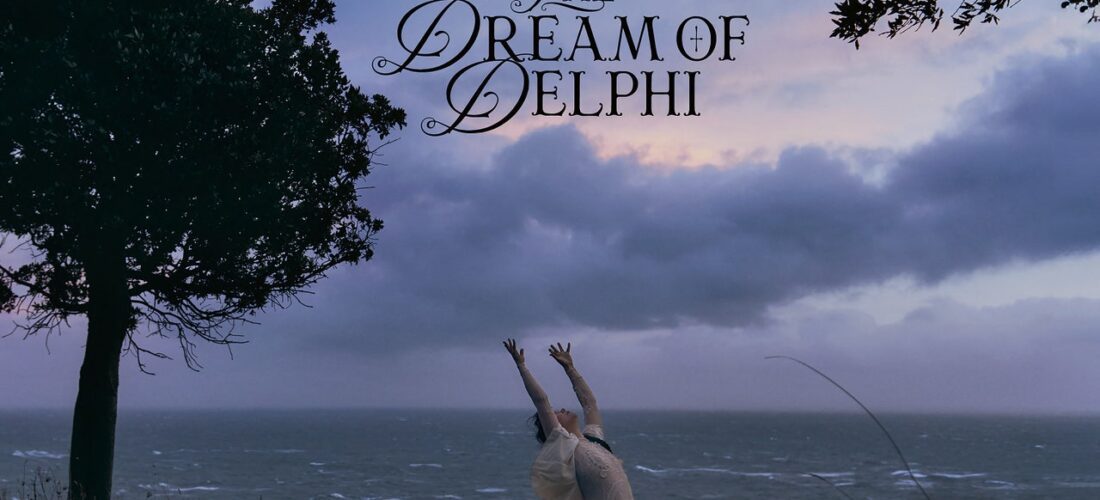Bat for Lashes: The Dream of Delphi
Natasha Khan has always treated pop music like it’s spell-casting; her pinches of synth-bass and sprinkles of fantastical lyrics create an unmistakable sparkle. Over nearly 20 years performing as Bat for Lashes, the singer-songwriter has become an expert daydreamer—her last album, 2019’s Lost Girls, was written from the perspective of a female biker gang—and her theatricality has drawn frequent comparisons to Kate Bush. Then, in 2020, Khan had a baby. Her body became impossible to ignore, and its tenderness inspired her latest album. Dedicated to and named after Khan’s daughter, The Dream of Delphi offers several intriguing ambient-adjacent experiments—until its enchantment fades like a half-formed thought.
To continue the Kate Bush comparisons, The Dream of Delphi is Khan’s own Aerial. Like that 2005 album, in which a typically enigmatic Bush describes her son as sunshine, The Dream of Delphi sees Khan exchange personal sensuality—the wild horses and weepy kissing of past albums—for more earthly musings. The Dream often sounds like a cut-up version of Khan’s discography, taking her beloved strings, sappy ’80s synths, and seashell drums and slicing them into translucent slugs. The instrumental “Breaking Up” twitches slowly, like many of Khan’s bittersweet pop songs, with an imposing synth-bassline that gurgles like an empty stomach. The harpist Mary Lattimore releases starbursts into the title track, matching Bat for Lashes’ tendency to use strings as a sweetener. Khan sings hypnotically of “milk and opal light.” It’s all pretty, but, in comparison to her more hearty compositions, it’s missing protein.
Khan is an efficient maximalist when she allows herself to be, drenching everything with cascading synths—every second should be a waterfall or bust. The impulse to make things bigger translates well to the melody-forward ambient music that makes up most of The Dream, so songs like “The Midwives Have Left” have lovely balloon-like buoyancy. Khan’s fudgy voice thins out as she dips into weightless cooing, nested in piano splinters. These moments are some of the album’s most transportive; they recall the best experimental music about motherhood, like Medulla by Björk. A few of the songs on The Dream of Delphi are a little too underdeveloped and end up dissipating into thin air. But it’s Khan’s lyrics, always so full of gravity and grace, that keep the album from stalling out. “Remember you came from a spiral, unfolding,” Khan sings on “Letter to My Daughter” with the measured insight of motherhood. In this music, motherhood sounds as supernatural as it feels to the people who experience it.
All products featured on Pitchfork are independently selected by our editors. However, when you buy something through our retail links, we may earn an affiliate commission.
